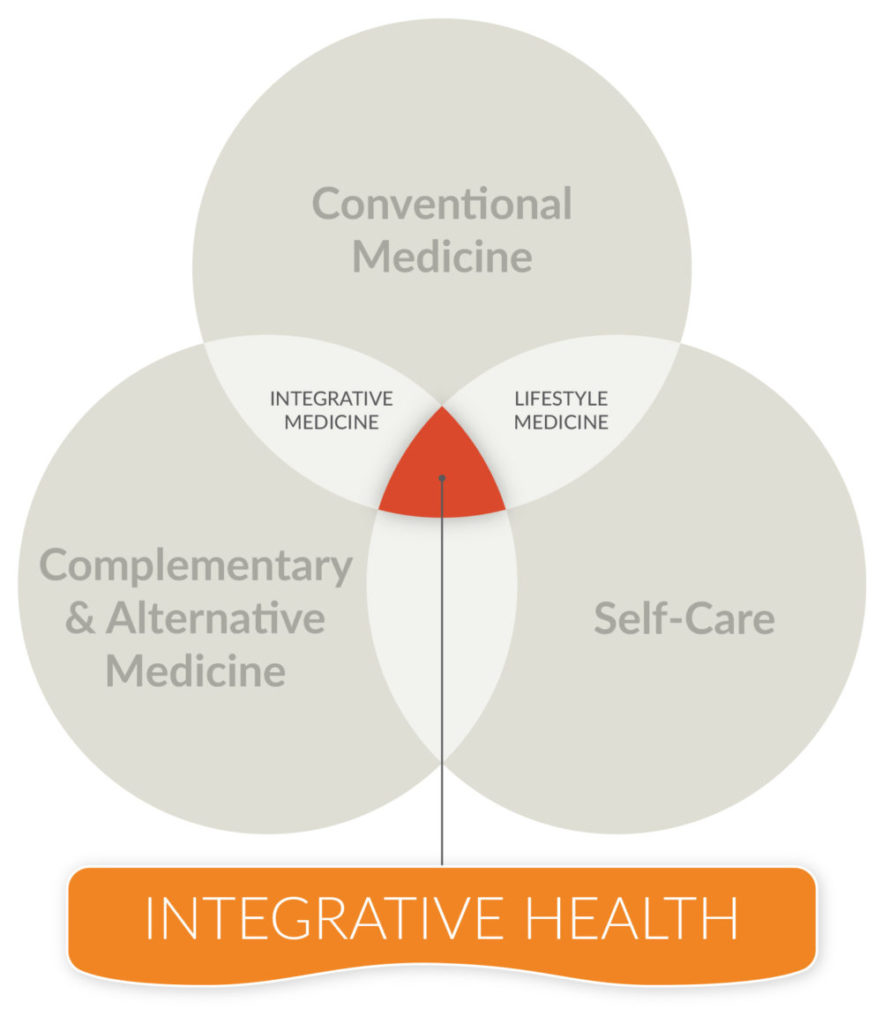
Holistic Harmony: Navigating Integrative Medicine
Integrative medicine, a holistic approach that combines conventional and complementary therapies, is gaining recognition as a comprehensive way to address health and well-being. Explore the principles and benefits of integrative medicine as we navigate a path toward holistic harmony.
Understanding Integrative Medicine
Integrative medicine blends conventional Western medicine with alternative therapies, recognizing the importance of treating the whole person—mind, body, and spirit. It emphasizes the partnership between patients and healthcare providers, aiming to address the root causes of health issues rather than merely treating symptoms.
Holistic Assessment and Personalized Care
One of the hallmarks of integrative medicine is the holistic assessment of an individual’s health. Practitioners consider not only physical symptoms but also lifestyle, emotional well-being, and environmental factors. This comprehensive evaluation leads to personalized care plans tailored to the unique needs of each patient.
Combining Conventional and Complementary Therapies
Integrative medicine embraces a variety of therapeutic approaches, including conventional medical treatments and complementary therapies such as acupuncture, herbal medicine, and mind-body techniques. This combination allows for a broader spectrum of options, tailoring the treatment plan to the patient’s preferences and the most effective strategies for their well-being.
Mind-Body Medicine: A Core Component
Mind-body medicine is integral to integrative healthcare. Practices like meditation, yoga, and guided imagery are employed to enhance the connection between mental and physical well-being. This approach recognizes the impact of mental and emotional states on physical health and aims to promote harmony between mind and body.
Nutritional Support and Lifestyle Medicine
Integrative medicine places a strong emphasis on nutrition and lifestyle factors as fundamental components of well-being. Dietary recommendations, exercise plans, and stress management strategies are integrated into patient care, empowering individuals to make sustainable lifestyle changes that positively impact their health.
Prevention and Wellness Promotion
Rather than focusing solely on treating illnesses, integrative medicine prioritizes preventive care and wellness promotion. Through education and proactive measures, patients are empowered to take charge of their health and reduce the risk of chronic conditions, fostering long-term well-being.
Patient-Centered Care and Empowerment
A cornerstone of integrative medicine is patient-centered care. Practitioners engage in open communication, actively involving patients in decision-making processes. This collaborative approach fosters a sense of empowerment, encouraging individuals to be active participants in their healthcare journey.
Addressing Chronic Conditions with Integrative Approaches
Integrative medicine is particularly beneficial for managing chronic conditions. Conditions like chronic pain, autoimmune disorders, and gastrointestinal issues often require a multifaceted approach. Integrative therapies can provide relief and improve overall quality of life for individuals facing these challenges.
Scientific Basis and Research in Integrative Medicine
Integrative medicine is not simply anecdotal; it is grounded in scientific research. The field explores the efficacy and safety of various complementary therapies, contributing to evidence-based practices. This commitment to research helps bridge the gap between conventional and complementary medicine.
Explore Integrative Medicine at CentrumZdravi.org
For a deeper dive into the principles and benefits of integrative medicine, visit CentrumZdravi.org. This platform provides valuable resources and insights to guide you on your journey toward holistic harmony and well-rounded health through integrative medicine.

